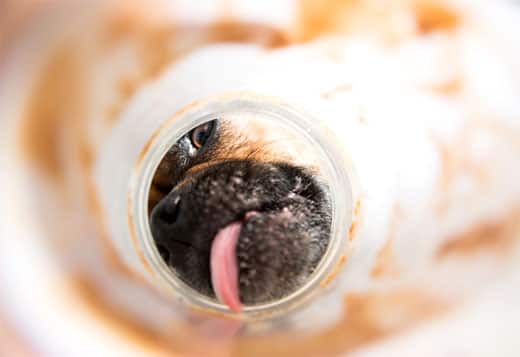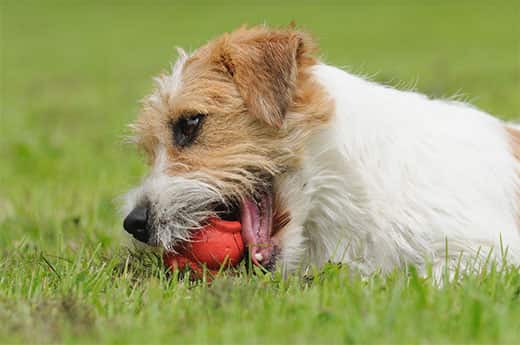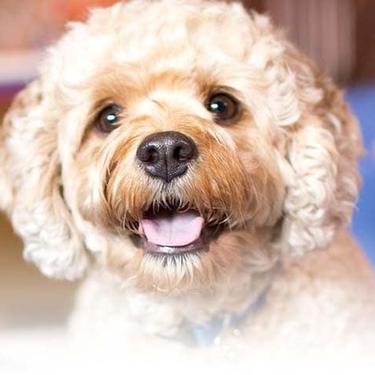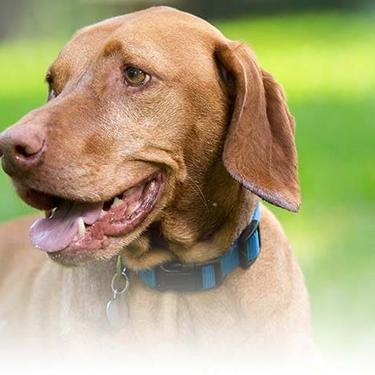
-
Find the right food for your pet
Take this quiz to see which food may be the best for your furry friend.
Find the right food for your pet
Take this quiz to see which food may be the best for your furry friend.
Featured products
 Adult 7+ Perfect Digestion Chicken, Whole Oats & Brown Rice Recipe Dog Food
Adult 7+ Perfect Digestion Chicken, Whole Oats & Brown Rice Recipe Dog FoodScience Diet's breakthrough nutrition supports ultimate digestive well-being & healthy microbiome for dogs age 7+
Shop Now Small & Mini Savory Stew with Chicken & Vegetables Dog Food
Small & Mini Savory Stew with Chicken & Vegetables Dog FoodA delicious complement to the nutrition of Science Diet Small & Mini 7+ dog food
Shop Now Adult Healthy Cuisine Roasted Chicken, Carrots & Spinach Stew Dog Food
Adult Healthy Cuisine Roasted Chicken, Carrots & Spinach Stew Dog FoodDelicious roasted chicken paired with tender vegetables in a succulent stew
Shop NowFeatured products
 Adult 7+ Tender Tuna Dinner Cat Food
Adult 7+ Tender Tuna Dinner Cat FoodWith delicious chunks in a decadent gravy
Shop Now Adult 7+ Senior Vitality Chicken & Vegetable Stew Cat Food
Adult 7+ Senior Vitality Chicken & Vegetable Stew Cat FoodImproves Everyday Ability to Get Up & Go
Shop Now Adult Savory Entrée Can Variety Pack Cat Food
Adult Savory Entrée Can Variety Pack Cat FoodPrecisely balanced nutrition with the delicious taste of savory minced chicken to help fuel the energy needs of cats during the prime of their life
Shop Now -
Dog
- Dog Tips & Articles
-
Health Category
- Weight
- Food & Environmental Sensitivities
- Urinary
- Digestive
- Joint
- Kidney
-
Life Stage
- Puppy Nutrition
- Adult Nutrition
- Senior Nutrition
Cat
- Cat Tips & Articles
-
Health Category
- Weight
- Skin & Food Sensitivities
- Urinary
- Digestive
- Kidney
-
Life Stage
- Kitten Nutrition
- Adult Nutrition
Featured articles
 Does My Pet Hate Me?
Does My Pet Hate Me?Learn tips for bonding with your pet if you've ever thought, 'My dog doesn't like me, or 'Why do I have a standoffish cat?'
Read More Why Are Dogs and Cats So Cute?
Why Are Dogs and Cats So Cute?If waggy puppy dog tails and furry kitten yawns make you swoon, you're not alone. Why are cats so cute? And, dogs too! Let's find out!
Read More Do Dogs and Cats have Belly Buttons?
Do Dogs and Cats have Belly Buttons?Learn whether cats & dogs have belly buttons like humans, what the function is, and if there are any health concerns associated with it.
Read More -


There's no question that dogs love the peanute butter, but you may have wondered if it's actually good (or bad) for them. Although it's an ingredient in a lot of commercial dog treats, the answer may surprise you. Here's the lowdown on peanut butter for dogs, as well as some safe alternative human foods dogs can eat.
Xylitol & Other Cautions About Peanut Butter

Many brands of peanut butter contain added ingredients that are unhealthy and even harmful for dogs. Some peanut butters include an artificial sweetener called xylitol, which is extremely toxic to pets.
Often, peanut butter contains added sugar that can contribute to weight gain. Peanut butter also typically contains added salt that makes it high in sodium, and certain fats, such as palm oil. Pet parents should check with their veterinarian to ensure that peanut butter is acceptable for their pet, especially those pets with health conditions.
Can Dogs Eat Peanut Butter?
While there are reasons to be cautious about feeding this sticky treat to your dog, the news isn't all bad. Natural peanut butter is a great source of protein, B and E vitamins, and healthy monounsaturated fats, says the AKC. There are a lot of commercial treats with peanut butter that can be fun for your pet. But as with all treats, they should be limited to 10% of daily calories so not to upset nutritional balance. If your dog is crazy about peanut butter, they can eat it in moderation as long as you're careful to check the ingredients and run it by your veterinarian first. Look for all-natural, unsalted peanut butter that lists peanuts as the only ingredient.
You could also make peanut butter at home by simply grinding peanuts in a food processor. If you choose to go this route, be sure to source your peanuts from a reputable source. Peanuts found in nature can sometimes have a fungus on them called Aspergillus flavus and Aspergillus parasiticus, the fungus that produces the aflatoxins (cancer producing toxins) says The National Cancer Institute. This is why in the U.S. the FDA inspects foods like peanuts and peanut butter for human consumption to reduce the risk for people.
Remember that too much of a good thing isn't good for your pup. Between the high fat and calorie content and the threat of aflatoxins, it's best to limit even natural or homemade peanut butter to an occasional treat.


Tasty Tips
Peanut Allergies in Dogs
Although it's rare, some dogs can develop peanut allergies. While anaphylactic shock and difficulty breathing can occur in dogs with peanut allergies, this type of reaction is most commonly found as a result of being bitten or stung by an insect or from a reaction to medication. Sometimes allergies will result in facial swelling or skin reactions. If you notice these symptoms after giving peanut butter to your dog, stop feeding them peanut butter immediately and consult your vet, who can help determine whether your dog is allergic to peanuts or something else. This is also why it is always a good idea to consult your vet before feeding your dog anything. Since peanut allergies can be serious in children and adults, those individuals need to be careful to avoid contact with pets that may have consumed peanut butter. The risk that peanut residue can end up on their fur is also another real risk for people with severe peanut allergies.
Ways to Treat Your Pooch With Peanut Butter

Here are a few fun ways to give your dog one of the yummiest human foods dogs can eat:
- Make medication fun: If your dog hates taking medication, hide pills in natural peanut butter to make sure they go down right.
- Sweeten entertainment: Use peanut butter to fill a treat toy, and let your pooch lick to their heart's content.
Can dogs eat peanut butter? As long as peanuts are the only ingredient, your peanut butter-loving pooch doesn't have to forgo it entirely. Alternating the occasional lick of peanut butter with healthy treats will keep them satisfied.


One of our staff authors prepared this article for you
Related products

Delicious roasted chicken paired with tender vegetables in a succulent stew

A delicious complement to the nutrition of Science Diet Small & Mini 7+ dog food

Science Diet's breakthrough nutrition supports ultimate digestive well-being & healthy microbiome for dogs age 7+

Delicious braised beef paired with tender vegetables in a succulent stew
Related articles

Learn about choosing the right food for your mature or older dog, ensuring he receives the correct balance of nutrition.

Hill's Science Diet Small & Toy Breed dog foods are designed to meet the nutritional needs for your small dog at every life stage. Learn more here.

Your dog's coat and skin are a big part of your dog's overall health. Ensure you keep your dog's coat healthy, by following these simple tips.

Large and giant breed puppies have different nutritional needs than other dogs. Learn how to provide the special care they need to grow up big and strong.

Put your dog on a diet without them knowing
Our low calorie formula helps you control your dog's weight. It's packed with high-quality protein for building lean muscles, and made with purposeful ingredients for a flavorful, nutritious meal. Clinically proven antioxidants, Vitamin C+E, help promote a healthy immune system.
Put your dog on a diet without them knowing
Our low calorie formula helps you control your dog's weight. It's packed with high-quality protein for building lean muscles, and made with purposeful ingredients for a flavorful, nutritious meal. Clinically proven antioxidants, Vitamin C+E, help promote a healthy immune system.

